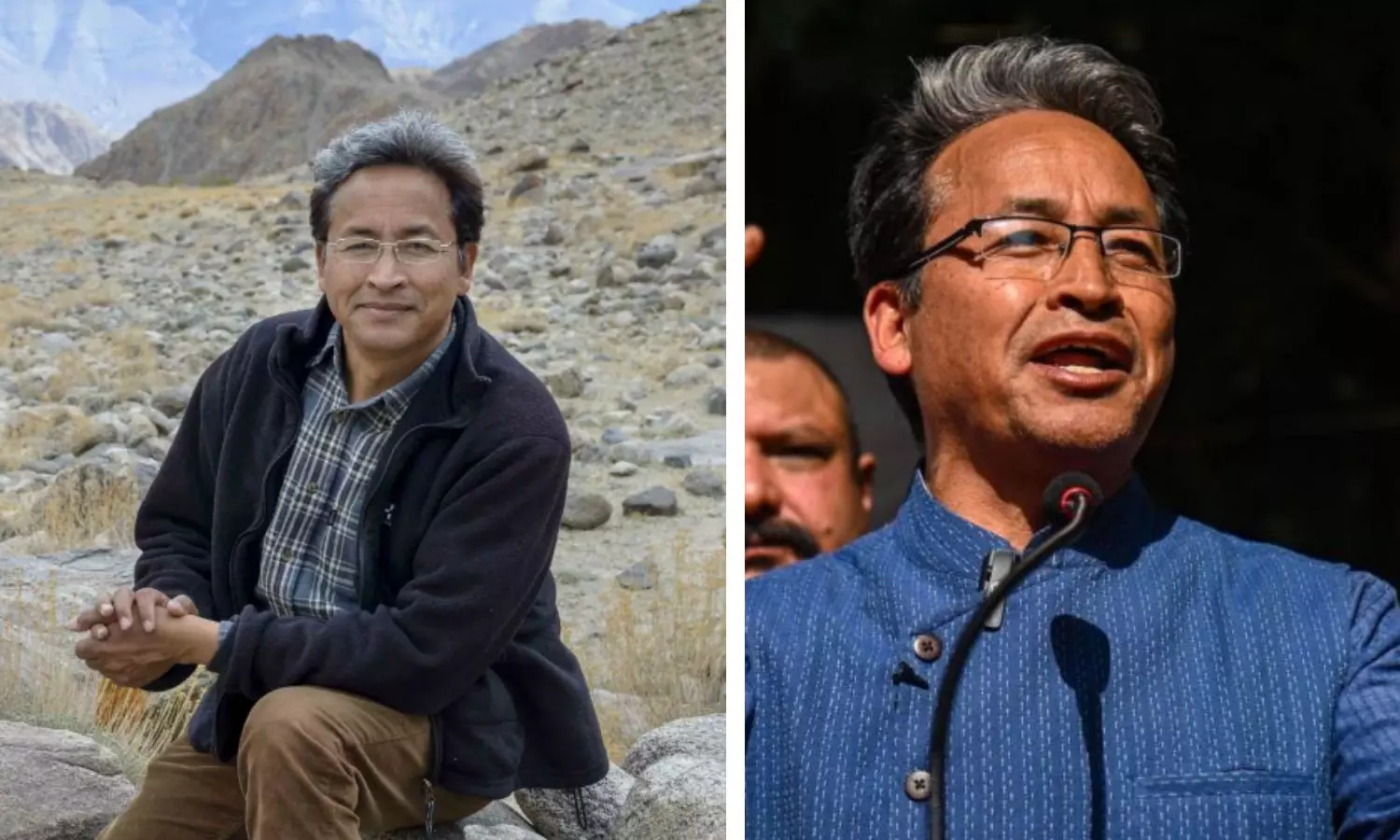Wangchuk expressed deep concerns over the impact of climate change, deforestation, and rapid urbanization on India’s river systems. He emphasized that depleting glaciers, erratic rainfall, and increasing pollution could lead to a severe water crisis. “If we continue on this path, our sacred rivers may dry up, leaving only sand where the Maha Kumbh should take place,” he wrote.
His letter calls for immediate government intervention to protect the environment, suggesting stronger policies to conserve water sources, regulate industrial pollution, and promote sustainable development. He also urged the government to involve scientists and environmental experts in drafting long-term conservation strategies.
Wangchuk, known for his eco-friendly innovations in Ladakh, has been vocal about the climate crisis affecting the Himalayas. He warned that melting glaciers, which feed many major Indian rivers, are shrinking at an alarming rate. This, he stressed, could have disastrous consequences for millions who depend on these rivers for drinking water, agriculture, and religious ceremonies.
The activist’s plea has sparked discussions among environmentalists and citizens alike, with many supporting his call for urgent action. As climate concerns grow globally, Wangchuk’s warning serves as a reminder that safeguarding rivers is crucial not just for the Maha Kumbh but for the future of India’s water security.


